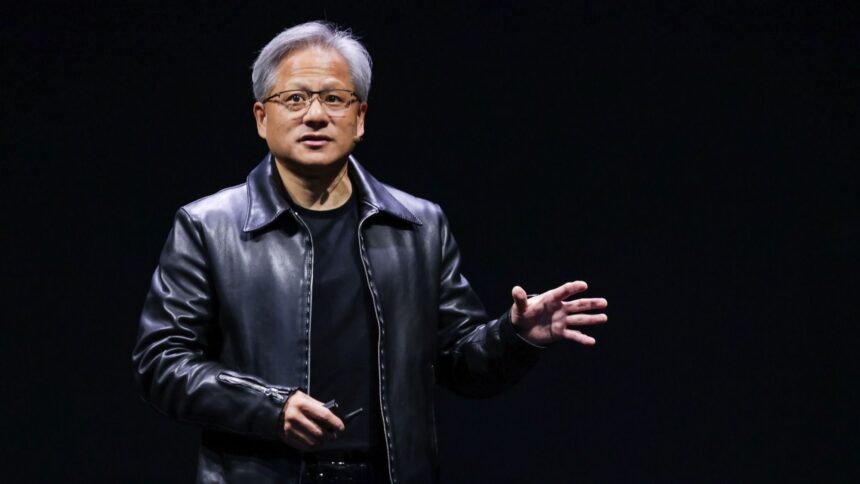Nvidia CEO, Jensen Huang, recently emphasized the critical importance of every country establishing its artificial intelligence (AI) infrastructure. Speaking at the World Government Summit in Dubai, Huang highlighted the need for countries to develop their own AI capabilities in order to harness the economic potential of AI while safeguarding their cultural identity. According to Huang, relying solely on external entities for AI infrastructure poses significant risks, and he stressed the importance of countries taking initiative in building their own AI capabilities to avoid dependence on others.
Nvidia, a leading provider of high-end AI chips, aims to democratize access to AI technology by facilitating efficient computing processes. Huang also addressed concerns surrounding the potential risks of AI, drawing parallels to the successful mitigation of concerns related to technologies like automobiles and aviation in the past. He cautioned against sensationalizing AI’s potential risks, suggesting that doing so may hinder necessary advancements in the field.
Nvidia has faced challenges following new U.S. restrictions imposed on some of its AI chips last October. However, the company has announced efforts to collaborate with customers in China and the Middle East to obtain necessary export licenses for compliant products. As Nvidia prepares to release its fourth-quarter earnings report on February 21, Huang’s remarks underscore the company’s commitment to advancing AI technology while navigating regulatory complexities in the global market.
In my opinion, Jensen Huang’s remarks about the importance of countries building their own AI infrastructure are timely and significant. With the increasing integration of AI in various sectors, it is crucial for nations to have the capability to develop and regulate AI technology independently. This not only ensures economic potential but also safeguards cultural identity and autonomy. The democratization of AI technology, as advocated by Nvidia, can be instrumental in ensuring equitable access to AI advancements across different regions. However, it is essential for companies like Nvidia to navigate regulatory challenges and collaborate with various nations to ensure compliance with export restrictions. Overall, the development of AI infrastructure and technology should be approached with a balance between advancement and responsible regulation, taking into account the diverse cultural and economic landscapes of different countries.


